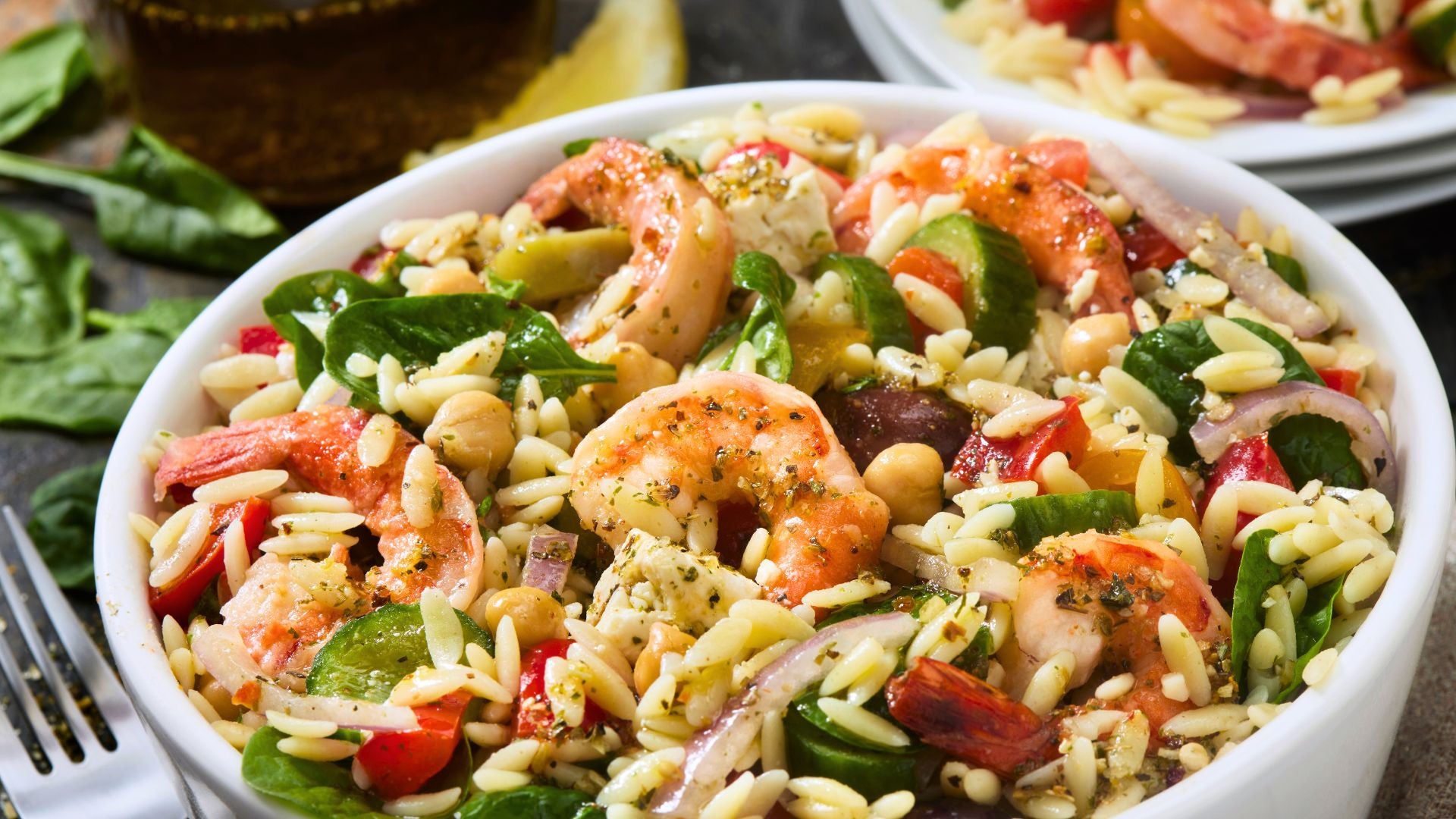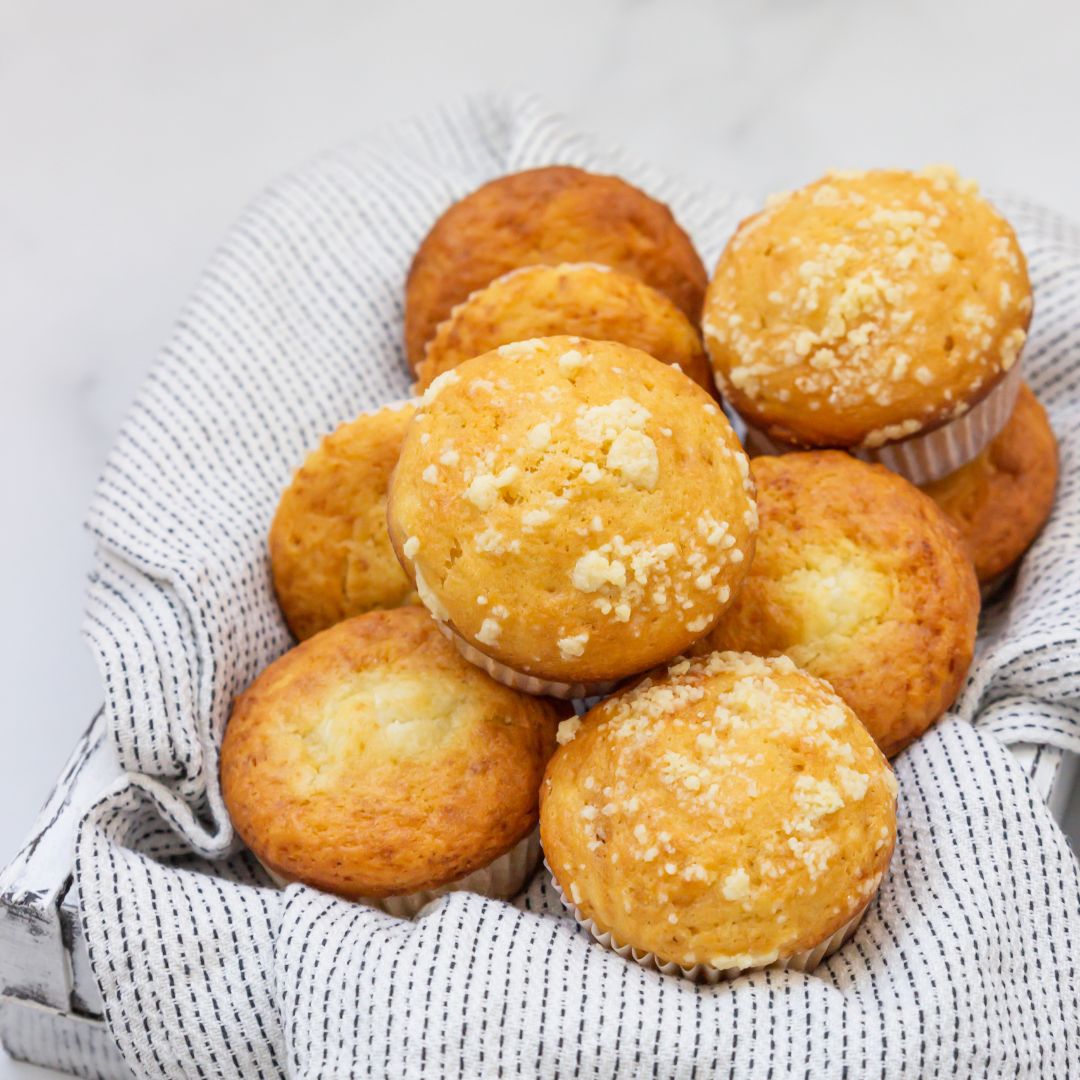
How cleansing is harming your gut
Listen up: Before you dive headfirst into that detox or must-have 3-day juice cleanse that promises increased energy & weight loss (sounds great, right?) let's have a look at what that actually means for your health.
You have probably heard about these methods promising to kickstart your health journey or offer that extra push before holiday. These seemingly harmless cleanses often involve the consumption of specific foods, drinks, or supplements. However, the captivating promises they offer are overshadowed by potential hazards they pose to one of our body's most vital systems – the gut.
Detox diets and cleansing regimens have gained popularity as quick-fix solutions for weight loss, increased energy, and improved overall health.
The gut is home to trillions of microorganisms, collectively referred to as the gut microbiota, which play a crucial role in maintaining digestive health and overall well-being.
Lack of Nutrient Density
Many detox diets involve severe calorie restriction or the exclusion of entire food groups. While this may lead to short-term weight loss, it can deprive the gut microbiota of the diverse range of nutrients they require to thrive. A study published in the journal "Nature" (2018) demonstrated that a low-fibre diet can lead to a rapid reduction in the diversity of gut bacteria, potentially disrupting the delicate balance within the microbiota.
Altered Gut Microbiota Composition
Detox methods often involve the consumption of specific foods, drinks, or supplements touted as "detoxifiers." These can include laxatives, diuretics, and other substances intended to “flush toxins” from the body. However, these substances may disrupt the gut microbiota composition and lead to an overgrowth of harmful bacteria. Research published in "Frontiers in Microbiology" (2019) highlighted that excessive use of laxatives and diuretics can contribute to dysbiosis, an imbalance of gut bacteria linked to various digestive disorders.
Nutrient Deficiencies
Detox diets that eliminate specific food groups or severely restrict caloric intake can lead to nutrient deficiencies. These deficiencies can negatively impact gut health by disrupting the balance of beneficial bacteria and impairing the gut's ability to maintain its protective barrier. A review published in "Nutrients" (2019) emphasised that essential nutrients like fibre, prebiotics, and polyphenols play a key role in supporting gut microbiota diversity and function.
Promoting Gut Health Without Harmful Detox Methods
Adopt a Balanced Diet:
Instead of extreme detox diets, focus on consuming a balanced and varied diet rich in fibre, whole grains, fruits, vegetables, lean proteins, and healthy fats. These nutrient-rich foods provide the necessary substrates for a thriving gut microbiota.
Stay Hydrated:
Adequate hydration is essential for maintaining healthy digestion and supporting gut barrier function. Opt for water, herbal teas, and natural fruit-infused drinks to stay hydrated without relying on diuretics.
Gradual Changes: If you are considering dietary changes, make them gradually to allow your gut microbiota time to adapt. Sudden shifts in diet can disrupt the microbiota balance and lead to digestive discomfort.
Prioritise Prebiotics and Plant Diversity:
Prebiotic-rich foods, such as garlic, onions, bananas, and asparagus, provide nourishment for beneficial gut bacteria. Including these foods and other colour-rich plant foods in your diet can help maintain a diverse and balanced gut microbiota.
Conclusion
While detox diets promise quick results, the potential harm they can inflict on your gut health far outweighs any short-term benefits. Instead of resorting to drastic detox methods, focus on nourishing your gut with a balanced, nutrient-rich diet and gradual, sustainable changes that support its delicate ecosystem. Your gut will thank you for it in the long run.



